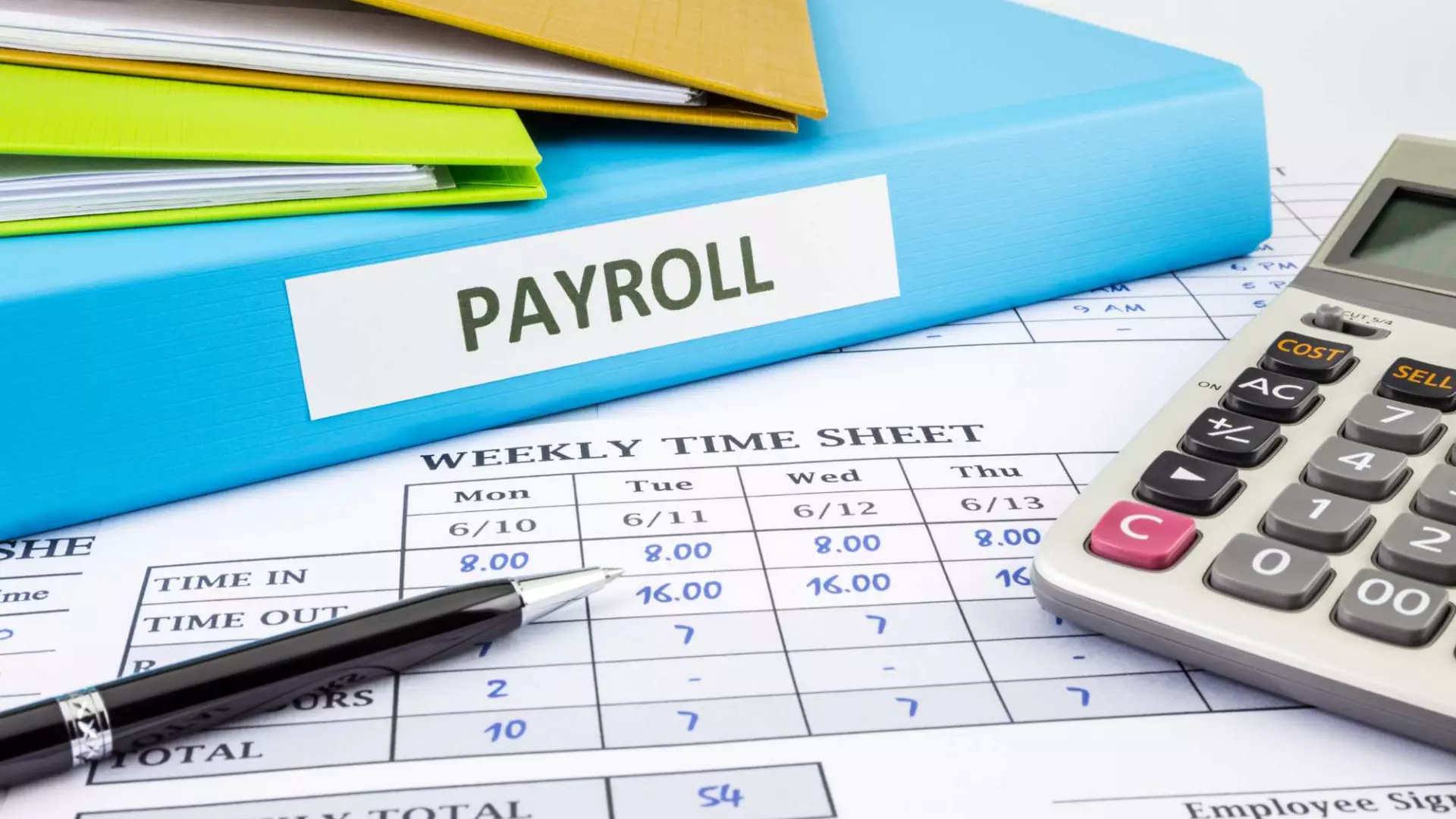Article
Superannuation for Nannies in 2023

All the Latest News on Super You Should Know About
Young, free and single or starting out as a nanny? Life can feel like one big adventure. Retirement, and how you’ll fund it, is surely a can to kick down the road.
Australians are lucky to live in a place that helps workers not to leave it too late to put the money aside they’ll need in later life.
Superannuation, or super, is the name we use for retirement pension benefit funds. It comes as part of the package for almost all employees. Some of the rules around it get tweaked from time to time and it’s important for families and nannies to be across them.
Read on for all the latest developments about super and the best ways to pay it.
Important Changes to Rules Around Super
From July 1 2023, super or the Superannuation Guarantee (SG) that families have to pay for their nanny is 11 per cent of their earnings. That’s up from 10,5 per cent. It is set to increase by 0,5 per cent on 1 July each year until it reaches 12 per cent in 2025.
SG is the minimum amount of super that most employers in Australia must pay their employees. Employers can increase the rate further up to a specific ceiling according to any arrangement they may have with their employees.
The other major headline is that from July 1, 2026, employers will need to pay super on the day they pay their staff, rather than quarterly. The idea is that this will make it simpler for workers, nannies included, to work out when and if their super is not getting paid.
Many workers may see this change acts as a boost to their retirement incomes. This is because more frequent payments make more time for investment earnings to compound.
Always Adhere to Super Obligations
There are also some troublesome figures that have played into this last development. In 2019-20, for example, about 2.5 million employees missed out on an estimated $4.3 billion in super. That’s according to Industry Super Australia (ISA).
It’s worth bearing in mind that employers who purposely don't pay their workers their full salary and super on time could soon face tougher penalties. That’s due to a federal government crackdown with $40 million in funding set aside for the ATO to better enforce super compliance.
If you employ a nanny, you must pay super on payments you make to them if they work for you more than 30 hours a week. This is regardless of how much you pay them. Their earnings amount is irrelevant.
Dealing With the Complexities of Super
Rules around super are complicated. If you employ a nanny, we would always recommend that you use a nanny payroll service like Pay The Nanny to sort your super obligations out for you.
It’s a small price to pay for the peace of mind that comes with knowing you’re adhering to the super-related commitments you will have to your nanny.
The 30 hours week cut-off is a case in point. If possible, we would always encourage families to pay super even if their nannies work less than 30 hours a week. Part of the reason for this is that it’s relatively easy to drift into a 30-hour + per week schedule without planning it and potentially overlook super obligations.
“Retention” is also the key buzzword of the moment because finding nannies and keeping them can be so tricky. Paying super regardless of your nanny’s hours is an attractive extra incentive.
Who Exactly Is Eligible for Super and Why Do Increases Matter?
All employees are eligible for super, generally speaking. It doesn’t matter if they’re a temporary resident, like a backpacker who picks fruit or are a company director.
The rules cover domestic care superannuation and therefore apply to workers like nannies. The same applies even in the unlikely event that your nanny is a contractor and you pay them mainly for their labour.
Let’s take the new 11 per cent figure for super. If you are an employee earning $50,000 per year, your employer will now need to pay $5,500 into your super fund, rather than the $5,250 they were paying before. Although that might not seem like a big hike, over time, it can make a huge difference to the amount of money saved for retirement.
How Do I Work Out Where and How to Pay Super?
Domestic employers such as those who employ nannies, have to pay the Superannuation Guarantee on any wages they pay. This includes regular wages, overtime, holiday pay, and sick leave. The SG is not payable on lump-sum payments, such as bonuses or commissions.
Super gets paid on top of your nanny's wages and would typically get deducted from their pay before they receive it. Most people decide which fund they want their super contributions paid into.
If your nanny doesn’t have an existing fund, you can choose a 'default' super product on their behalf and pay the contributions there. You can select to pay your nanny's super contributions into any compliant super fund, including Australian Super, Rest, or one of the industry funds.
Helpful Tools
If you are unsure which fund to choose, you can compare superannuation funds on the Australian Super website.
The ATO has come up with its very own, “Super guarantee (SG) contributions calculator tool.” Click here for the link that’ll take you to it.
Provided you have all the information you need to hand, the SG contributions calculator for employers should take from 1 to 5 minutes to complete.
There is a cap on how much of a worker’s salary you have to pay super on. At the moment it’s $106,000.
What Happens if I Don’t Pay the Superannuation Guarantee?
If you don't pay the Superannuation Guarantee, you may be liable to pay the Superannuation Guarantee Charge (SGC). This is a penalty imposed by the ATO.
The super guarantee charge gets calculated on salary and wages including any overtime and any choice liability, based on the shortfall and capped at $500. There’s also nominal interest of 10 per cent per year accruing from the start of the relevant quarter plus an admin fee of $20 per employee, per quarter.
It’s employers rather than employees who have to pay the Superannuation Guarantee Charge. It is not a tax-deductible charge. If you believe you may have missed a Superannuation Guarantee payment, you should get in touch with the ATO as quickly as possible to set up a payment plan.
How Can I Make Sure I’m Paying the Superannuation Guarantee?
The simplest way to ensure you are paying the Superannuation Guarantee is to use a payroll service like Pay The Nanny. A payroll service will help you work out and pay your employee's super. They’ll ensure other taxes get deducted from their pay as well.
If you are using a payroll service, they will usually require you to provide them with the relevant Super Fund details so that they can make the payments on your behalf. You can find a list of payroll services that can help you with the Superannuation Guarantee on the ATO website.
Super is important for all Australians, and the Superannuation Guarantee is there to make sure that all of us have sufficient funds saved for retirement. If you are a domestic employer, it's important to ensure you are paying the Superannuation Guarantee on all the eligible earnings you pay your nanny.
Important Reminders About Super in Australia
Super is a long-term investment. It's important to start contributing early to give your super the best chance to grow.
Super is not just for retirement. You can access your super if you meet certain conditions. These include:
- Severe financial hardship
- Permanent incapacity
- Terminal illness.
Super gets taxed differently from your wage. The contributions you make to your super get taxed at 15 per cent, and the earnings on your super get taxed at up to 15 per cent.
You can choose how your super gets invested, so you can make sure it happens in a way that meets your needs.
Key Takeaways
Here are some of the most important points to bear in mind about super:
- The super contribution employers make rises to 11 per cent on July 1 2023
- Super contributions will rise to 12 per cent by 2025
- From July 2026 employers will have to pay super on payday
- The ATO is set to enforce super compliance with stiffer penalties
- You must pay super if your nanny works more than 30 hours a week
Paying Super and ensuring it gets paid correctly and at the right time is an important part of an employer’s legal obligations.
Leave Nanny Payroll and Super Contributions to the Experts
When you’re a busy parent who employs a nanny, the chances are that you have more than enough to fill your time. You don’t need the extra stress and hassle of working out where, when and how much super to pay your nanny.
This is when Pay the Nanny can help. Nanny payroll is what we do so we’re right across all the latest rules around super and how to calculate it. Let us take care of all your nanny payroll needs so that you can relax and get on with living life to the full.

Simplifying Nanny Payroll: 5 Easy Steps for Stress-Free Payments

Hourly Rates for Nannies in Australia 2023

Getting your Childcare Ready for 2023

Superannuation Changes for Nannies in 2025
